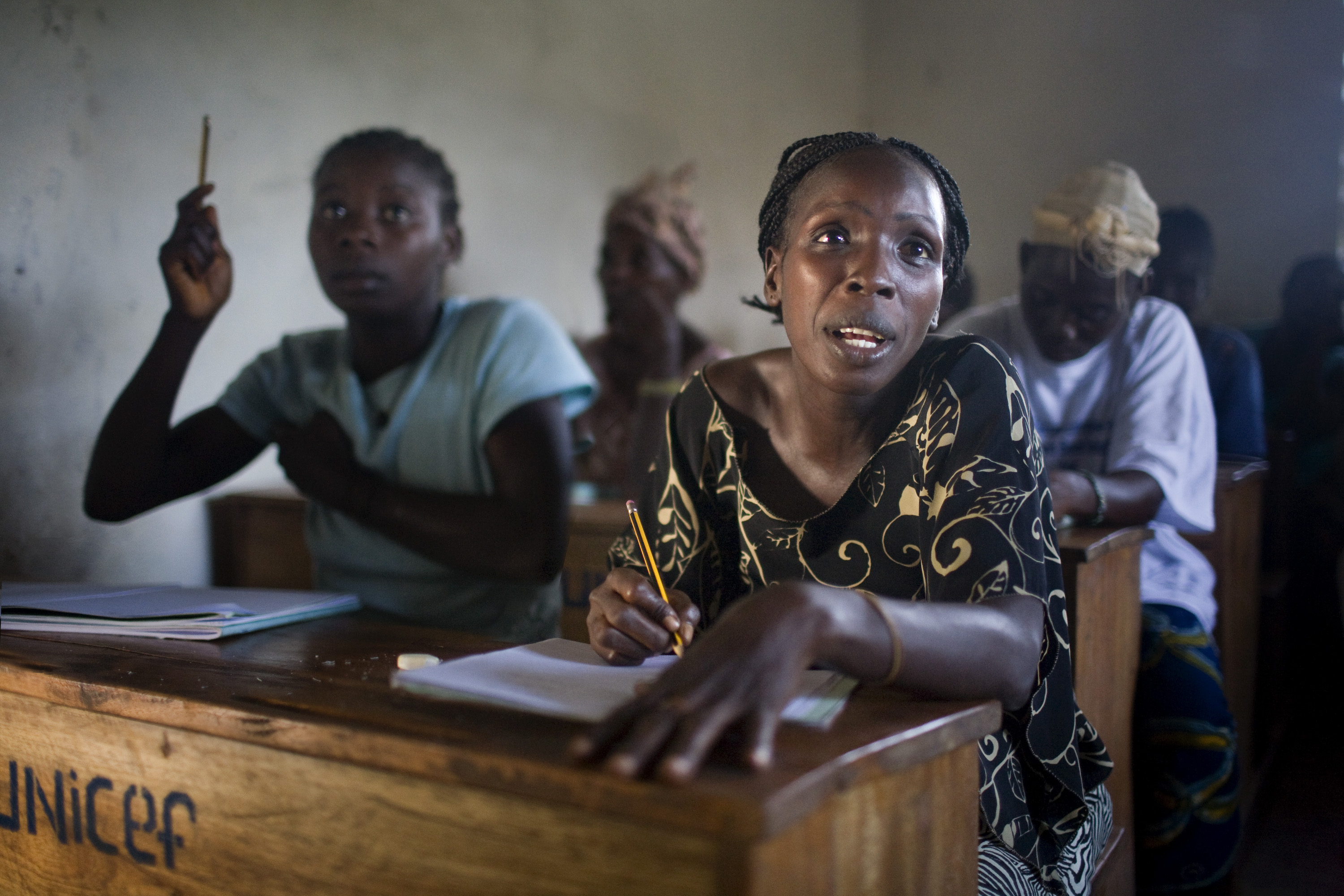By Eli Scott

“Until the lion has its own storytellers, the hunter will always be glorified.” Earlier this week, Kenyan photojournalist and activist Boniface Mwangi decried Americans for conducting ‘voluntourism,’ a form of tourism in which participants pay to volunteer in developing countries while ignoring major problems within their own country. Mwangi claims that voluntourism is hurting developing countries in Africa because it prevents residents of those countries from developing their own solutions to their native problems. Mwangi’s provocative Op-Ed examined many of the motives underlying young Americans’ decisions to volunteer abroad. While voluntourism has normative underpinnings, criticisms of the industry prove valuable in assessing how and why Americans should volunteer in developing countries.
According to a 2008 study conducted by Tourism Research and Marketing, 1.6 million people volunteer each year, and the voluntourism industry accounts for $2.6 billion. While about 62.6 million American citizens volunteered domestically in 2013, according to the Bureau of Labor Statistics, the one million Americans per year that volunteer abroad have attracted far more attention.
The roots of voluntourism stretch back to French activist Pierre Ceresole who created Service Civil International, the first formal volunteer service that encouraged young people to assist in the rebuilding effort post WWII. The advent of Voluntary Service Overseas (VSO) in the United Kingdom in 1958 coincided with the trend toward volunteerism. VSO was initially successful in allocating volunteers from Europe and the United States to relief efforts in developing countries. The creation of the Peace Corps by former President John F. Kennedy in 1961 led to the growing public sentiment that college students had the capacity to enact positive change in the developing world on the behalf of the United States.
Veneration of young idealists as change agents foreshadowed the emergence of the voluntourism industry. Volunteerism finally gave way to full-fledged voluntourism throughout the 1980s when VSO and other organizations began employing unskilled volunteers abroad at the expense of the development projects. The transition from the usage of skilled volunteers to unskilled volunteers undermined the effectiveness of the volunteers because they no longer possessed the unique skill sets necessary for specific projects that the residents of developing countries initially lacked. President Ronald Reagan further promoted this trend by pushing public service and volunteerism as important issues on the national agenda. However, most of the current growth in volunteering, according to the Washington D.C.-based non-profit Independent Sector, has been in the episodic service, notably voluntourism. In fact, former director of the World Bank Kristalina Georgieva states that cultural tourism and volunteer-based tourism have been the fastest-growing segments of the global travel industry.
This growth has not come without its staunch critics. Those who sympathize with Mr. Mwangi often claim that voluntourism projects are poorly planned, conducted with the help of unskilled and often misguided volunteers. Very little screening is conducted for volunteers, who are often ill-equipped to work in projects requiring specific skills. Volunteer efforts also often risk crowding out local workers by disrupting the local labor supply episodically.
Critics claim that the short-term nature of volunteer efforts can have deleterious effects on the local communities both psychologically and economically. For example, the transience of volunteers in orphanages poses an especially strong critique of voluntourism. Short-term volunteer work at orphanages can be psychologically devastating for children because it may perpetuate the notion that people who care about the children will always leave them. In the cases of Nepal and Cambodia, unintended consequences of voluntourism have caused even graver harm. Foreign volunteer work in orphanages has created a market for orphans in both countries; greedy orphanages trick village parents into sending their children to the orphanages and then charge foreign volunteers to interact with the children, all without providing proper educational and care services to the children.
The voluntourism industry exists within the context of the idea that Americans, even relatively unskilled college students, can be saving forces in the lives of foreigners simply because Americans have better solutions to the problems of foreign communities. This idea espoused in the history of voluntourism represents a dangerous sentiment that leads Americans to contribute to the process of othering people in developing countries. Even brochures of voluntourism companies include photos that depict the stark contrast between affluent, Western volunteers and impoverished children. This technique bolsters the ego of the volunteers by allowing them to believe that they are having a positive impact on the children simply by being present, and it simultaneously exploits the state of poverty in which the children reside daily. In this manner, voluntourism experiences represent opportunities more for personal fulfillment for volunteers than for bettering local communities in developing countries.
Despite the fact that most Americans volunteering abroad do so in order to help those less fortunate than themselves, voluntourism is more helpful in broadening the worldviews of participants than it is in actually helping local communities in foreign countries. Voluntourism was spawned out of the idea that young Americans could dramatically improve the lives of less fortunate individuals in other countries by simply giving their time, but the shift from skilled to unskilled volunteers has served to greatly undermine efficacy and direction of projects. In reiterating the initial advice of Boniface Mwangi and the Nigerian maxim above, Americans should think more deeply about why they are volunteering abroad before engaging in voluntourism. In some instances, too, it is more helpful for developing countries to produce native solutions to their problems with their own skilled workers than it is for unskilled voluntourists to disrupt local communities for the sake of their own exorbitant narcissism.


